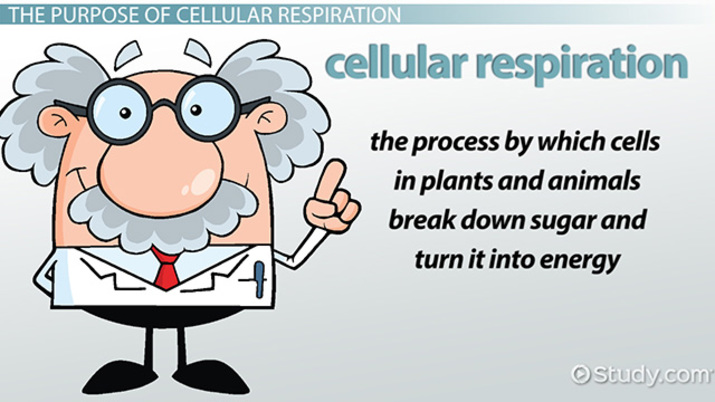Physical Address
304 North Cardinal St.
Dorchester Center, MA 02124
Physical Address
304 North Cardinal St.
Dorchester Center, MA 02124

Contents
Cellular respiration is a fundamental process that plays a crucial role in the functioning of cells and its importance in medicine and physiology cannot be overstated. Mitochondria, the powerhouse of the cell, are at the center of cellular respiration and have been a subject of extensive research in the biomedical field. The dysfunction of mitochondria is linked to aging and various age-related diseases due to its impact on adenosine triphosphate (ATP) synthesis, calcium homeostasis, metabolic pathways, and radical production.
Research has shown that mitochondria are involved in a wide range of physiological processes, including apoptosis, radical production, aging, and diseases. The study of mitochondria has seen a resurgence in recent years, with a significant increase in the number of publications focusing on this organelle. Mitochondria have been associated with various terms in biomedical research, highlighting their role in cell physiology, pathology, medicine, and disease.
One of the primary functions of mitochondria is oxidative phosphorylation, which is essential for the production of ATP, the energy currency of the cell. Mitochondria play a vital role in the oxidation of respiratory substrates to generate ATP, which is used to power biochemical processes in the cell. The process of oxidative phosphorylation involves proton extrusion across the mitochondrial inner membrane, creating a proton-motive force that drives ATP synthesis through the ATP synthase enzyme.
Moreover, mitochondria are involved in ion homeostasis, metabolic pathways, and the synthesis of biomolecules such as glucose, fatty acids, and amino acids. They also play a critical role in nitrogen metabolism and the urea cycle, as well as in the synthesis of haem and iron-sulphur clusters.
Studies have shown that mitochondria are central players in programmed cell death, also known as apoptosis. They release factors such as cytochrome c, which activate caspases in the cytosol in response to pro-apoptotic stimuli. This process plays a crucial role in regulating cell death and survival.
Dysfunction in mitochondrial pathways involved in apoptosis can contribute to various pathologies associated with aging and stress. Understanding the role of mitochondria in programmed cell death is essential for elucidating the mechanisms underlying age-related diseases.
The mitochondrial free radical theory of aging posits that reactive oxygen species (ROS) generated by mitochondria during oxidative metabolism are the primary cause of cellular damage, leading to aging and age-related diseases. Mitochondrial ROS can damage proteins, lipids, and nucleic acids, contributing to cellular dysfunction and disease progression.
While there is evidence both supporting and refuting this theory, it is widely accepted that mitochondrial radical production plays a significant role in aging and age-related diseases such as Alzheimer’s disease, cardiomyopathy, and cancer. Mitochondrial ROS generation is implicated in various symptoms of aging, highlighting the importance of understanding and targeting mitochondrial dysfunction in disease prevention and treatment.
One of the key functions of cellular respiration is the generation of reactive oxygen species (ROS) by mitochondria. ROS, such as superoxide and hydrogen peroxide, are byproducts of oxidative metabolism and play a dual role in cellular physiology. While ROS can cause cellular damage and contribute to aging and disease, they also serve as signaling molecules involved in various physiological processes.
Research has identified specific sites within mitochondria, such as complexes I, II, and III, that are responsible for ROS production. Understanding the mechanisms and regulation of ROS generation by mitochondria is essential for elucidating their role in aging, disease, and cellular signaling pathways.
In conclusion, cellular respiration, particularly the role of mitochondria in energy metabolism and ROS generation, is a critical process in cell physiology and medicine. Mitochondria play a central role in ATP synthesis, ion homeostasis, metabolic pathways, and programmed cell death. The generation of ROS by mitochondria has implications for aging, age-related diseases, and cellular signaling.
Further research into the mechanisms of mitochondrial ROS generation and its impact on cellular function is essential for developing targeted therapies for age-related diseases and improving overall health outcomes. Understanding the purpose of cellular respiration, particularly in the context of mitochondrial function, is key to advancing our knowledge of cell physiology and pathology.